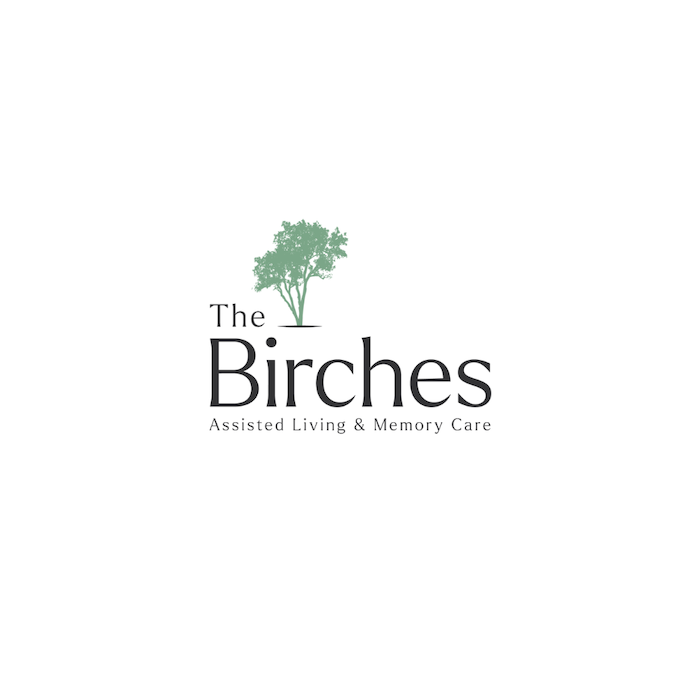
Receiving an Alzheimer’s diagnosis is difficult. However, like most diagnoses, the sooner you learn about it, the better. An early diagnosis gives the person and their family time to learn what they need to know about the disease, put together a care plan, determine wishes, find support, and make sure their financial and legal affairs are all in order. In short, an early diagnosis puts you in control of your life.
While there is no known cure, thanks to ongoing research health care providers have more treatment options than ever before to help slow the progression of Alzheimer’s disease and treat its symptoms. The key to early diagnosis and treatment is understanding the signs of Alzheimer’s disease that signal it’s time to see a physician.
5 possible signs of Alzheimer’s disease
Sign #1: Memory loss
Because Alzheimer’s disease is the progressive destruction of nerve cells in the brain, one of the first noticeable signs of Alzheimer’s disease is memory loss. In the first stage of the disease, signs of Alzheimer’s disease may include unusual problems remembering or naming recent activities, events, people or things that should be easy to recall or that are very familiar.
In the second and third stages, the signs of Alzheimer’s disease related to memory loss become more pronounced. They may include the inability to recognize familiar people, places and things, problems communicating and finding the right words, and forgetting to do common tasks like dressing, bathing, taking medications and other activities of daily living. For more information check out the alz.org article, “Memory Loss and Confusion.”
Sign #2: Personality and behavior changes
Another of the signs of Alzheimer’s disease is changes in personality and behavior. Among the many possibilities are loss of initiative, suddenly becoming angry or upset without cause, being unusually negative or happy, mood swings, depression and anxiety and others described in the nianih.gov article, “Managing Personality and Behavior Changes in Alzheimer's.” These signs of Alzheimer’s disease can begin in the first stage and often worsen as the disease progresses. In later stages, other signs of Alzheimer’s disease can include physical or verbal aggression, agitation, hallucinations and delusions.
Sign #3: Sundown syndrome
When a person experiences noticeable changes around sundown it may be another sign of Alzheimer’s disease. According to the clevelandclinic.org article, “Sundown Syndrome,” this phenomenon affects memory, cognition, personality, behavior, mood and reasoning. Specifically, typical signs of Alzheimer’s disease to watch for with sundown syndrome include pacing and rocking, wandering, violent behavior, crying, following or shadowing a caregiver, and insomnia. Seniors who experience sundown syndrome may also have accompanying negative feelings like fear, sadness and anxiety that prompt confusion, paranoia and/or hallucinations and delusions.
Sign #4: Problem-solving and decision-making problems
The nerve damage in the brain that causes memory loss eventually worsens and impacts other cognitive abilities including problem-solving and decision-making. Starting in the first or second stages, these signs of Alzheimer’s disease can hamper a senior’s ability to successfully carry out normal activities like choosing weather-appropriate clothing, driving a car safely, cooking meals, shopping, paying bills, making plans, keeping appointments, and other activities that were once easy.
Sign #5: Physical changes
According to the nia.nih.gov article, “What Are the Signs of Alzheimer's Disease?” people with Alzheimer's disease will eventually succumb to physical problems before or during the late and most severe stage. As the disease progresses many people spend more time sleeping and have little interest in eating. In turn, they experience physical decline and often lose weight, lose bowel and bladder control and show little awareness of their surroundings. They may also have problems swallowing which can lead to the aspiration of food or liquids into the lungs and ultimately pneumonia, a common cause of death for people with Alzheimer’s disease.
Also, not every person with Alzheimer’s disease will experience all of these signs. There is a well-known adage in the healthcare field - “You meet one person with Alzheimer’s disease, you’ve met one person with Alzheimer’s disease.”
It is important to mention these signs could also be indicative of other serious medical concerns. Talking with your doctor will help ensure that you receive a proper diagnosis and that you are addressing the true medical issue.
However, if it is Alzheimer’s disease that diagnosis underscores the need to plan ahead to protect and manage life for the person with Alzheimer’s disease. To best understand what to consider in Alzheimer’s disease planning, the alzheimers.gov article, “Planning After a Dementia Diagnosis” provides a detailed look at what to include from diagnosis to end-of-life planning.
One option for families is to consider memory care for a loved. To find out more about memory care at The Birches, contact us to schedule a tour.

